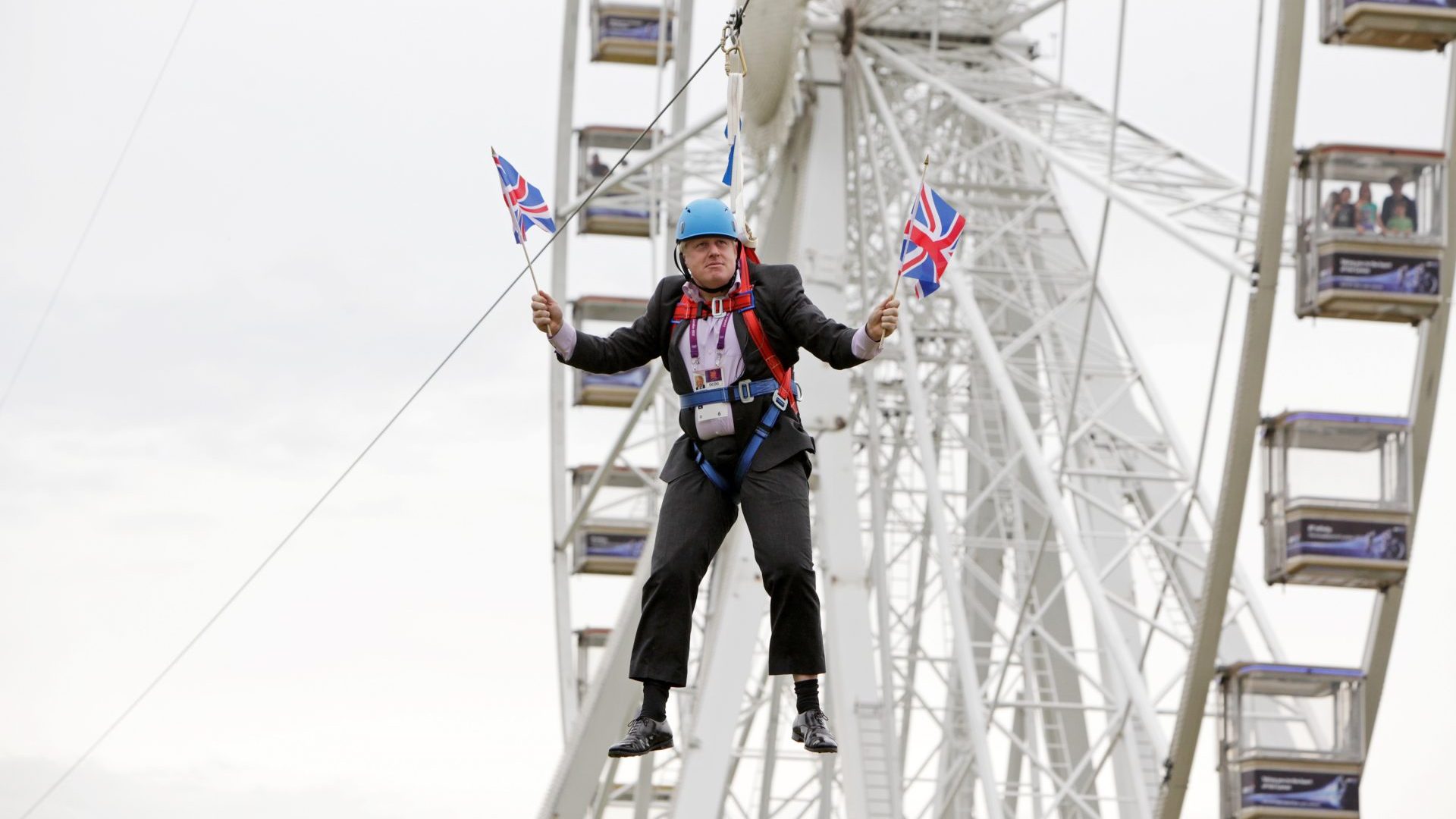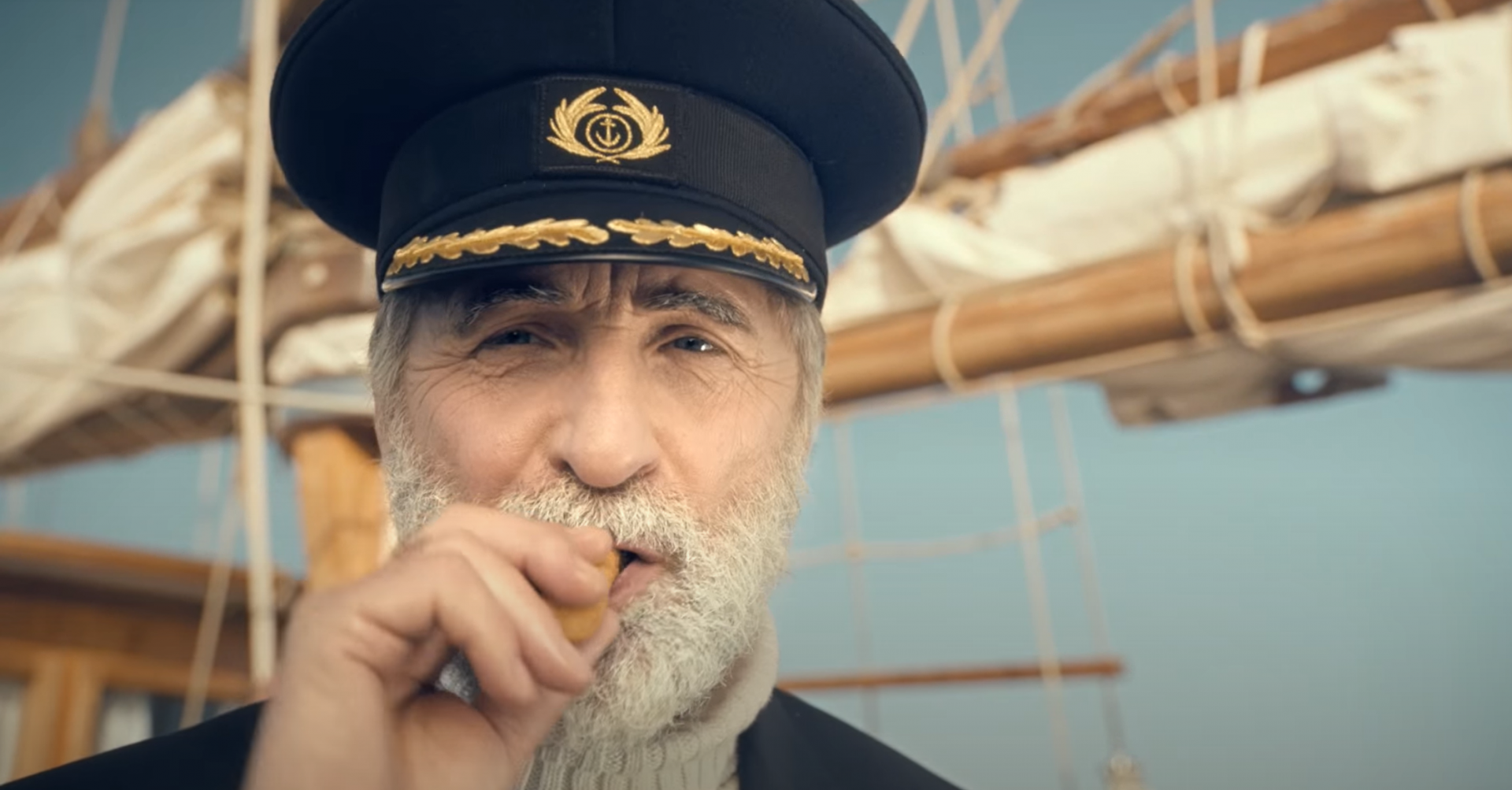They had a chance to get rid of him, but fluffed their lines. That is the view of some senior figures in the Labour party about the failure – so far – of Conservative MPs to oust Boris Johnson.
Never say never in politics, of course. The Metropolitan Police could yet come up with some dynamite when they issue their fixed-penalty notices. Or Sue Gray could produce something remarkable in her non-redacted second attempt. Or Dominic Cummings could feed something to his friends in the media so incriminating it would tip the balance.
But don’t bank on it. Johnson, the man likened to a rat who will chew and gnaw and bite his way out of any hole, is increasingly confident that he will ride out this storm, only the latest of many in his life that he has survived with blithe insouciance.
Which begs the question: might this be what Labour wants anyway? “We’re fine with him staying, but we need to keep the pressure on,” says a senior MP. Given that the opposition cannot precipitate an early general election, and given that, with the economic indicators heading sharply into reverse, the government is unlikely to opt for one this year or in the first half of 2023, the opposition is required to play a long game.
That means Keir Starmer has at least 18 months and possibly two years to turn the country off the government and on to him. He is making good progress on the former (or rather, Johnson is doing his work for him); on the latter, it is tougher going.
The key is to prevent the Tories from dissociating themselves from Johnson, once he eventually goes; not allowing a leader, Rishi Sunak, Liz Truss or any of the others not-so-subtly wooing the Westminster Tea Room to present themselves as a new broom. They all need to be incriminated in Johnson’s mess; therefore, the longer he stays, the more mistakes he makes, the better. That, at least, is the logic.
Two decisions, Labour figures suggest, may have saved the prime minister. The obvious one: the bizarre and belated decision by the now-departing Metropolitan Police commissioner, Cressida Dick, to investigate the Downing Street parties just as Sue Gray was sending her report on drunken miscreance to the printers. Whatever Gray eventually gets round to saying will now not carry the same impact, while a few dozen folk, including possibly the Johnsons, will get away with paying small fines for “any inadvertent breach” and expressing regret for “any inconvenience caused”.
The second missed opportunity is more telling. Some in Labour are describing it as a “David Miliband moment”, a reference to the last-minute decision by the then-foreign secretary not to stick the knife into Gordon Brown back in 2008 when the prime minister was on the ropes. According to Peter Mandelson’s memoirs, Miliband sent him a text suggesting he was planning to go for the top job. “Large mountain ahead. Orienteering/planning/climbing skills much needed,” Mandelson quotes him as saying. Miliband decided in the end to hold fire.
Two years later he went on to stand for the Labour leadership, only to suffer a Brutus fate from his brother, Ed. His political career shot, David went to New York to run a global NGO.
Has history just repeated itself? Over the past few weeks, Sunak went on the not-so-discreet attack against his own prime minister. Then the chancellor seemingly stopped short, joining a long and illustrious line of serial ditherers. “There was a moment when he could have done it and it would all have come down like a pack of cards around Johnson,” a senior Labour figure contends.
These counterfactuals will now be debated among political nerds and university students. What would have happened if Miliband/Sunak had gone full throttle against Brown/Johnson?
For Sunak, it would have been extremely high-risk. Failure would have led to short-term and possibly long-term political exile, though a lucrative future back in the private sector would have softened the blow. Yet, such was both the animus and anxiety towards Johnson at the specific time, who is to say that many who had expressed public support for the PM might not have opted otherwise in a secret ballot?
Donning her Thatcherite garb and clambering on Thatcherite tanks for the Instagram age, Truss has also been on manoeuvres. But the foreign secretary has been more careful in her choice of words, and now has Russia-Ukraine to thank for offering her the chance to look grown-up.
Meanwhile, the anti-Johnson voices have grown largely silent again, or are confined to the usual suspects such as John Major, whose heartfelt and sensible speeches are somewhat offset by their frequency.
No matter how hard he tries to spin away his troubles with his usual mix of bonhomie and dishonesty, Johnson will continue to struggle as the cost-of-living crisis looms ever larger.
First, he has the difficult decision to make about whether to proceed with the planned rise in National Insurance. If he does go ahead with it in April, just as inflation is surging, he will stand accused of heartlessness and of damaging the livelihoods of voters in the fabled “red wall” seats, who are supposed to matter most but have so far seen few rewards for their new-found fealty to the Conservatives.
If he performs a U-turn, he will have to find the anticipated £12 billion from elsewhere if he is to maintain his promises to give extra funding to social care and the NHS. Or he could simply delay the introduction by a year and hope that people may have forgotten by then.
Then there is the waiting list for operations, six million and counting, and the energy price hike, which is set to hurt the vast majority of voters. The government’s refusal to impose a windfall tax on highly profitable energy companies is a gift for Labour.
Either way, Johnson will have to work with Sunak, and British political history is replete with examples of governments torn apart when prime ministers and chancellors are at war. In the case of these two, it is both personal and political. Sunak is numerate. He is trying to make the numbers add up; Johnson is keen to spread his largesse.
As for Covid, the political consequences remain unclear. Johnson’s decision to bring forward the scrapping of remaining measures may resonate with the libertarian tabloids, and it may gain instant “freedom-loving” traction among some voters. But the more the pandemic recedes, the less cover he will have for any decisions. Not least the dire consequences of Brexit, no matter how hard Jacob Rees-Mogg seeks to identify “opportunities”.
Which brings us to Labour’s key calculation – the issue of character. Such is his divisiveness, Johnson’s personal numbers have never been as strong as is customarily thought, his peaks coming in considerably below that of previous leaders. “His personal ratings are terrible, he’s wounded and damaged,” says the senior Labour MP. “And no matter what his people might claim otherwise, he’s not going to change.”
Current focus groups and opinion polls show him a considerable drag on Tory fortunes, but will he manage, somehow, to turn things around? The polls may be consistent, but they are also soft. A war? A royal death? It is hard to imagine Johnson as father of the nation, but he would love a shot at it. If that doesn’t work, he can always go Trumpian, as he showed with his recent “Starmer equals Jimmy Savile” mudslinging.
The first part of the Starmer plan is done. He has shed the last vestiges of Corbynism; he has got a grip on his party and assembled a credible shadow cabinet. He has competence and integrity in spades, as clear a juxtaposition to Johnson as it would be possible to find.
When some around Starmer look to Olaf Scholz and Joe Biden, you are reminded of the depth of the problem. They may have scraped through in their own elections, but they are hardly gladdening the hearts. Starmer has considerable work to do. For the moment he is pinning his hopes on the gradual demise of Boris Johnson; the sleazier and slower, the better.
DANGER ZONES
Metropolitan Police action (expected by end of February): How many people around No 10, including the Johnsons, will be fined?
Unredacted Sue Gray report: That will follow, but has it now lost its teeth?
Budget, March 23: Will Sunak/ Johnson change course on National Insurance?
Local elections, May 5: Could a Tory drubbing lead to a confidence vote?
Covid-19 official inquiry: Baroness Heather Hallett has been announced as chair, but it will take many months to get going.




